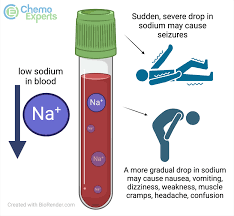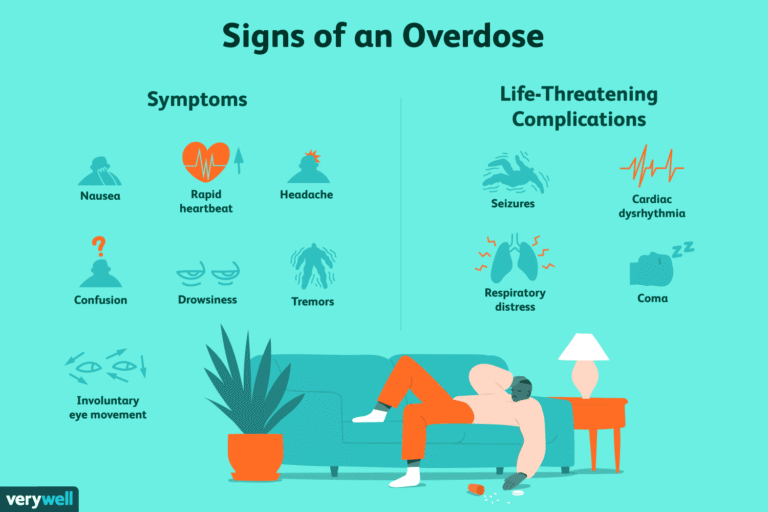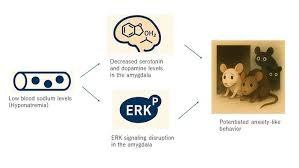Electrolyte Water: Benefits, Hydration, and Daily Use Guide
Electrolyte water and sports drinks have gained significant popularity in recent years, being marketed as far superior to regular water…

Electrolyte water and sports drinks have gained significant popularity in recent years, being marketed as far superior to regular water…

Sodium is an essential electrolyte responsible for maintaining fluid balance, blood pressure, and enabling electrical signals that power nerves and…

Sodium: This is a vital electrolyte that has numerous functions in our body, including maintaining our bodily fluids, as well…

Sodium represents one of the most vital electrolytes that exist in a human body. Sodium plays a very important role…

Introduction Low sodium in old age and low sodium in seniors refer to hyponatremia, a condition where blood sodium levels…

Ever wondered why you feel restless after that late-night chocolate or soda? Can sugar keep you awake? The answer is yes—sugar spikes your blood glucose, triggers insulin surges, and disrupts hormones, making it harder to fall asleep. Understanding does sugar keep you awake or does sugar keep you up helps you take control of your energy and sleep cycles. In this guide, we dive into the science behind sugar-induced wakefulness, explain short-term and long-term effects, and share practical tips to enjoy sweets without sacrificing restorative sleep. Discover low-glycemic alternatives, smart meal timing, and lifestyle tweaks that keep your nights peaceful while keeping your days energized. Sleep better, feel alert, and indulge mindfully!

High blood sugar in the morning, also known as elevated morning glucose, can signal serious underlying issues that require attention. Many people wonder, is 135 blood sugar high in the morning? Morning sugar levels naturally fluctuate, but consistently high readings may increase the risk of diabetes complications. High blood sugar levels in the morning can be caused by the dawn phenomenon, hormonal changes, or improper nighttime insulin dosing. Understanding why morning glucose spikes occur is crucial for maintaining stable blood sugar. This article explains the causes, risks, and practical strategies to lower high blood sugar in the morning, empowering you to take control and protect your health.

Are strawberries good for diabetics, or should they be avoided like other high sugar fruits? Many people with diabetes wonder, can diabetics eat strawberries without causing dangerous blood sugar spikes. While some fruits are on the list of fruits to avoid in diabetes, strawberries stand out due to their low glycemic load and high fiber content. Still, portion size and overall diet matter, because even healthy fruit can raise glucose levels.

A blood sugar level of 400 or higher is a serious warning sign that should never be ignored. Whether your blood glucose is 400, sugar level 400, or blood sugar level above 500, these extreme readings can indicate dangerous conditions like diabetic ketoacidosis or hyperosmolar hyperglycemic syndrome. Many people wonder, is blood sugar level of 400 dangerous? The answer is yes—especially if symptoms like confusion, dehydration, or rapid breathing appear. In severe cases, blood sugar level 700 can become life-threatening without immediate medical care.

Learn how to track macros step-by-step for weight loss, muscle gain, or health optimization. Discover how to set up, log, and verify your macro tracking progress.